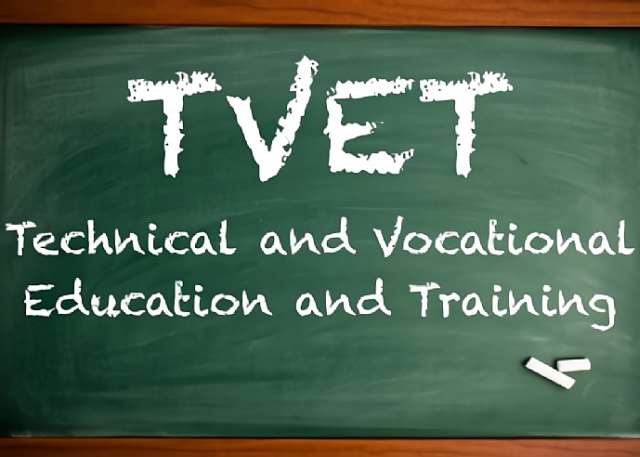
The Fertility Society of Ghana (FERSOG) has reiterated calls for a national regulatory framework to guide surrogacy practice in the country, warning that the absence of a law leaves room for ethical abuses and unregulated activities by charlatans.
The Society said the lack of proper regulation posed significant risks to both users and providers of surrogacy, which is becoming more common as a solution to infertility among the population.
The Vice-President of FERSOG, Dr. Promise Sefogah, made the appeal at the maiden Malm- Hesse Medical Negligence Conference held in Accra last Friday.
The event, themed “Third Party Reproduction in Ghana: Surrogacy and Gamete Donation; Benefits, Challenges and Ethics”, brought together fertility experts, academics, and students from medical and nursing training institutions to highlight the urgent need for legislation on surrogacy in Ghana.
Dr. Sefogah noted that while FERSOG has identified 19 fertility centres nationwide, most of them, in the Greater Accra and Ashanti regions, with a few in the Western and Volta regions, the absence of a national registry to track the activities of service providers remains a major challenge.
“In countries like the US and the UK, there are mandated bodies that receive regular data from fertility centres on the number of cases, pregnancies, and births.
That gives a national overview of the practice. Unfortunately, we don’t have that here, and that is one of the gaps the proposed law will seek to cure,” he explained.
He disclosed that discussions with the Ministry of Health on a draft bill to regulate assisted reproductive technologies (ART) including surrogacy, were advanced, and the proposal is expected to be laid before Parliament in the coming months.
“We are hopeful, but once it gets to Parliament, the timeline will depend on their processes,” he said.
A Senior Associate with Ecam Law Consult and Convener of the conference, Christian Lebrecht Malm-Hesse expressed concern over the regulatory gaps in the ART space exposing sections of the population to exploitation.
According to him, issues such as enforceable contracts for surrogacy, limits on gamete donations, age requirements for surrogates, and the prohibition of commercialisation or advertisement of surrogacy must all be clearly defined by law.
He warned that without regulation, surrogate mothers risk being commodified and exploited by wealthy individuals, while unchecked gamete donations could even raise the risk of siblings marrying in future due to lack of records.
“Anything concerning health is a matter of life and death, and this law must be treated with urgency,” he stressed.
The Head of Medical and Dental Health Service at the Ministry of Health, Dr Ernest Konadu Asiedu assured the ART Bill would soon be presented to parliament.
He pledged the ministry’s commitment to sustained engagement with professionals, civil society among other stakeholders to ensure the final bill reflects both ethical standards and Ghana’s cultural realities.
Surrogacy, an arrangement in which a woman carries a pregnancy on behalf of another individual or couple, has been on the rise in Ghana in recent years, largely due to infertility challenges.
However, the absence of legislation has sparked growing concern, with reports of exploitation of vulnerable women, financial inducements driving arrangements, and unqualified persons operating under the guise of fertility services.
Globally, surrogacy is strictly regulated in many countries to protect the rights of surrogate mothers, intending parents, and children born out of such arrangements.
Ghana’s draft legislation is expected to introduce licensing, monitoring, and ethical standards for fertility centres, while creating safeguards against exploitation.
BY ABIGAIL ANNOH
???? Follow Ghanaian Times WhatsApp Channel today.
???? Trusted News. Real Stories. Anytime, Anywhere.
? Join our WhatsApp Channel now! https://whatsapp.com/channel/0029VbAjG7g3gvWajUAEX12Q

The post FERSOG calls for regulatory framework to guide surrogacy practice appeared first on Ghanaian Times.
Read Full Story

















Facebook
Twitter
Pinterest
Instagram
Google+
YouTube
LinkedIn
RSS